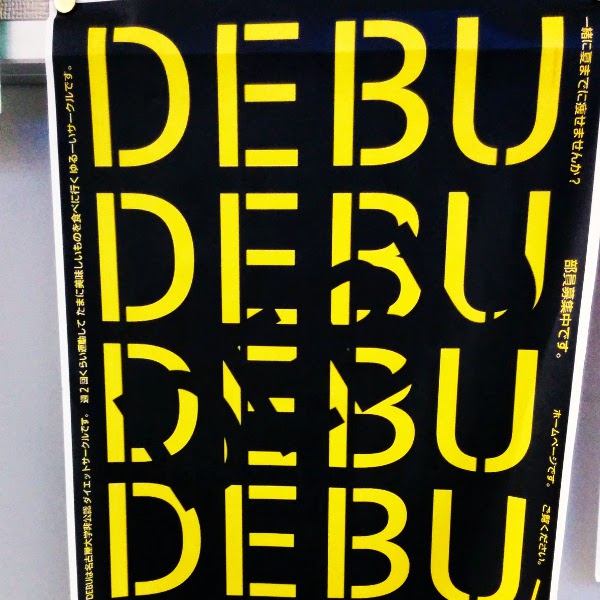Since the beginning of history
I have mentioned chinaSMACK before on Language Log, but have never featured it so directly as in this post. The reason is that this time there's an interesting language aspect to one of their articles that is hard to pass up.
chinaSMACK specializes in translating trenchant, amazing stories from the vast amount of traffic that flows through China's microblogs and on the internet more generally. Sometimes they are so bizarre and surreal that my initial reaction upon reading them — after being shocked senseless or laughing myself silly — is to dismiss them as Onionesque. But that is usually impossible because they are so well documented. In the present case, there is an initial news report and five stunning photographs. Because the photographs are so gross and graphic, just downright disgusting, I won't show them directly on Language Log (especially not during the holidays), but readers can go to the link and see them with their own eyes.
"Excrement Tanker Explodes, Covering Everyone in Human Waste" (12/28/14)
Read the rest of this entry »





